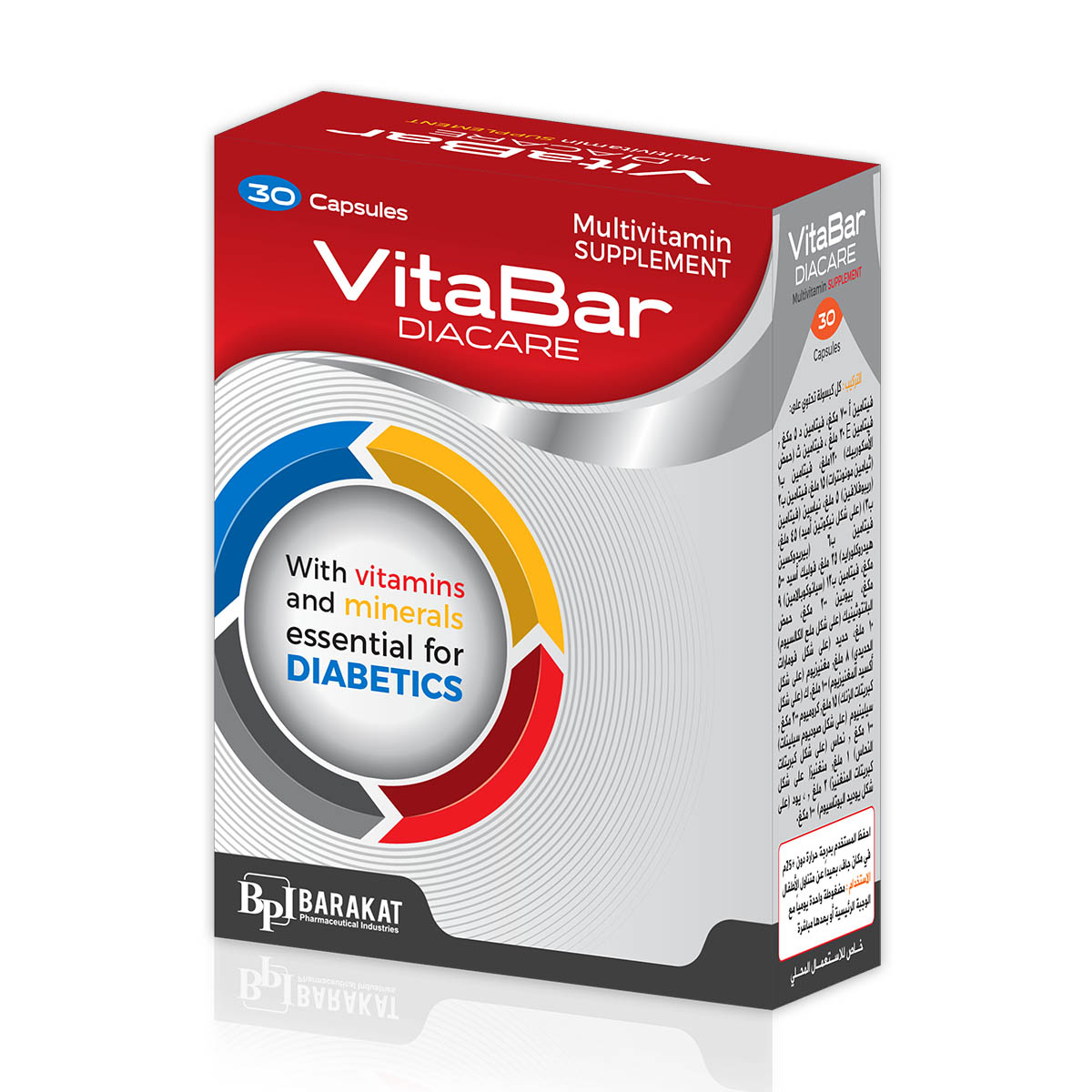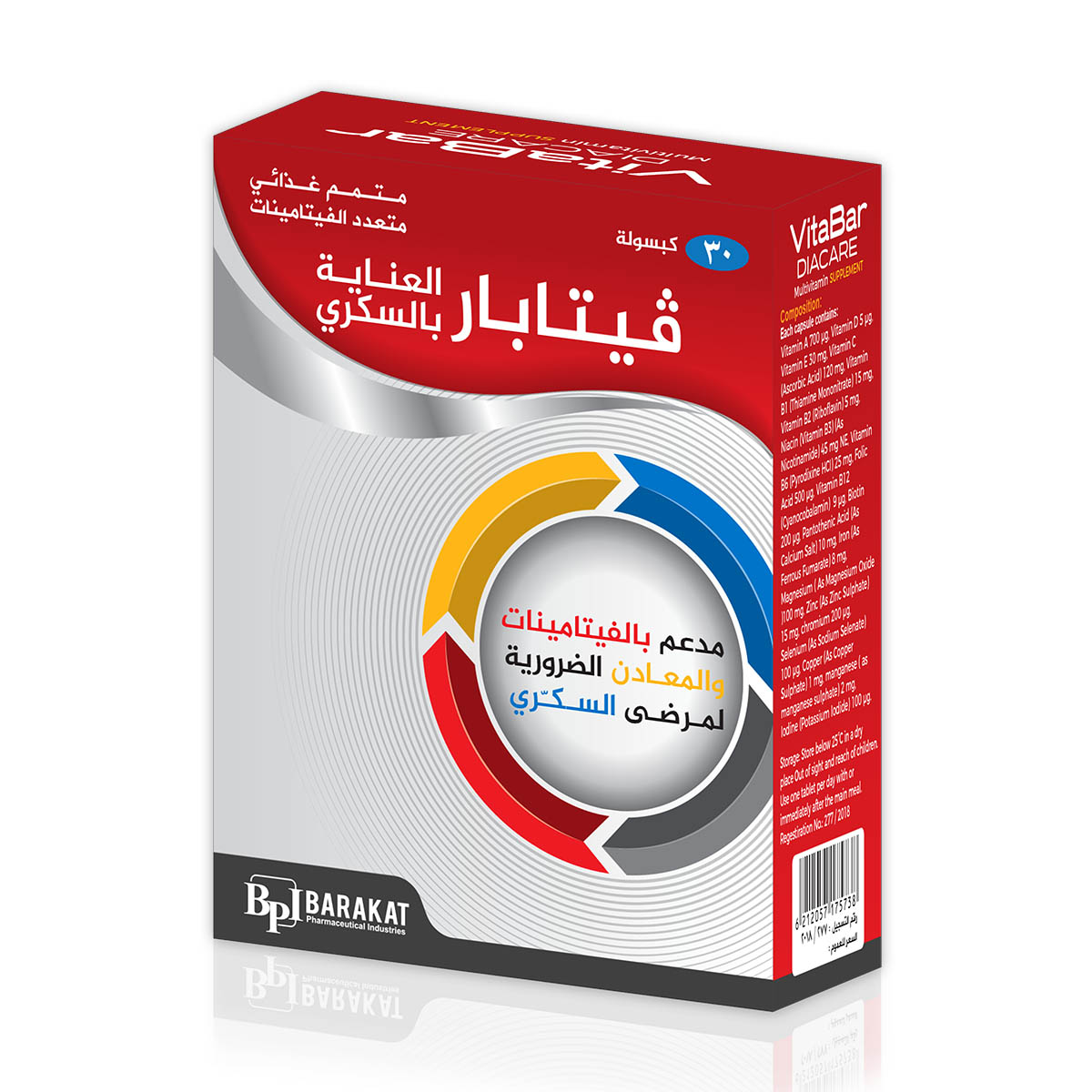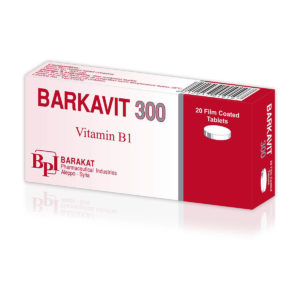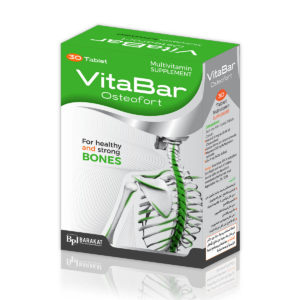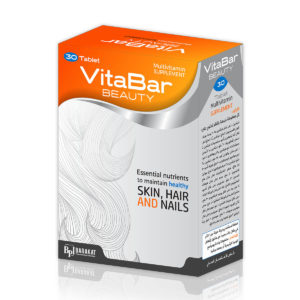Description
Folic Acid: A member of the vitamin B family that stimulates the hematopoietic system. It is present in the liver and kidney and is found in mushrooms, spinach, yeast, green leaves, and grasses (poaceae). Folic Acid is used in the treatment and prevention of folate deficiencies and megaloblastic anemia.
Iron: It is an essential constituent of hemoglobin, cytochrome, and other components of respiratory enzyme systems. Its chief functions are in the transport of oxygen to tissue (hemoglobin) and in cellular oxidation mechanisms. Depletion of Iron stores may result in iron-deficiency anemia. Iron is used to build up the blood in anemia.
Magnesium: This medication is a mineral supplement used to prevent and treat low amounts of magnesium in the blood. Magnesium is very important for the normal functioning of cells, nerves, muscles, bones, and the heart. Usually, a well-balanced diet provides normal blood levels of magnesium. However, certain situations cause your body to lose magnesium faster than you can replace it from your diet. These situations include treatment with diuretics such as furosemide, hydrochlorothiazide, a poor diet, alcoholism, or other medical conditions (e.g., severe diarrhea/vomiting, stomach/intestinal absorption problems, poorly controlled diabetes).
Selenium: Selenium Sulfide is an antifungal agent as well as a cytostatic agent, slowing the growth of hyperproliferative cells in seborrhea.
Vitamin A: Retinol and derivatives of retinol that play an essential role in metabolic functioning of the retina, the growth of and differentiation of epithelial tissue, the growth of bone, reproduction, and the immune response. Dietary Vitamin A is derived from a variety of carotenoids found in plants. It is enriched in the liver, egg yolks, and the fat component of dairy products.
Vitamin B12:
Why is Vitamin B12 prescribed?
Anemia due to B12-deficiency conditions; in the complex therapy for iron and posthemorrhagic anemia; aplastic anemia caused by toxic substances and drugs; liver disease (hepatitis, cirrhosis); funicular myelosis; polyneuritis, radiculitis, neuralgia, amyotrophic lateral sclerosis; children cerebral palsy, Down syndrome, peripheral nerve injury; skin diseases (psoriasis, photodermatosis, herpetiformis dermatitis, neurodermatitis); to prevent and treat symptoms of deficiency of Vitamin B12 (including the application of biguanide, PASA, vitamin C in high doses); radiation sickness.
Vitamin C: Ascorbic acid is an essential nutrient in human diets, and necessary to maintain connective tissue and bone. Its biologically active form, vitamin C, functions as a reducing agent and coenzyme in several metabolic pathways. Vitamin C is considered an antioxidant.
Vitamin E: Vitamin E is a fat-soluble vitamin and is an important antioxidant. It acts to protect cells against the effects of free radicals, which are potentially damaging by-products of the body’s metabolism.
Zinc: Forms an essential part of many enzymes, and playing an important role in protein synthesis and in cell division. Zinc deficiency is associated with anemia, short stature, hypogonadism, impaired wound healing, and geophagia.
Warnings:
- Food supplements must not replace a balanced and varied diet, and a healthy lifestyle.
- Unknown drug interactions or interactions not mentioned in this leaflet may occur. Consult your doctor if you have certain health conditions.
How to use:
One capsule per day with or immediately after main meal, with a glass of water or a cold drink.
VITABAR DIABETES should only be taken on a full stomach.
VITABAR DIABETES can be continued for as long as required.
A general multivitamin and mineral supplement is not necessary in addition to VITABAR DIABETES.
How Supplied:
Carton box of 30 capsules.
Storage Instructions:
Store below 25°C in a dry place, out of sight and reach of children.

